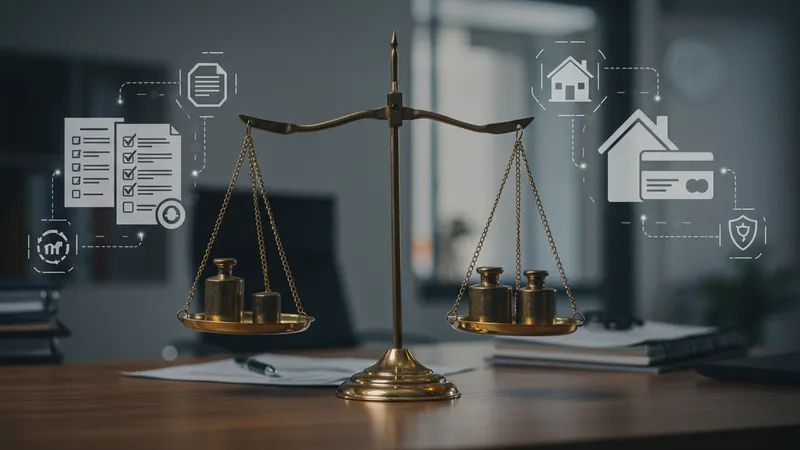
How Credit Repair Services Work With Your Credit Report
Long-Term Benefits and Limitations within the U.S. Credit Framework
Over the long term, the primary benefit of engaging with a reputable credit repair service is the potential restoration of creditworthiness, paving the way for more favorable loan terms, lower insurance premiums, and easier approvals for rental housing in the United States. However, ongoing financial discipline—such as timely bill payment and responsible credit usage—remains essential for maintaining improvements initiated by professional dispute processes.

It is important to acknowledge the inherent limitations of these services. No firm can remove legitimate debts or guarantee a specific credit score change. Instead, their value lies in ensuring compliance with reporting laws and correcting errors that would otherwise remain unchallenged, unfairly impacting one’s financial reputation.
Looking ahead, regulatory developments may further influence how credit repair operates in the U.S. market. For instance, advancements in digital accessibility and stricter enforcement of reporting standards are expected, making consumer education and vigilance more important than ever. Reliable services help clients stay informed about these changes and adapt accordingly.
In summary, understanding how credit repair services function alongside your credit report reveals both the promise and constraints of this industry for American consumers. When aligned with realistic goals, legal protections, and proactive financial habits, these services can significantly support the journey toward stronger credit and broader financial opportunities.